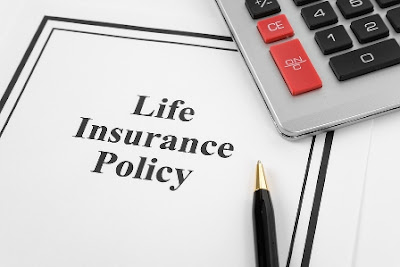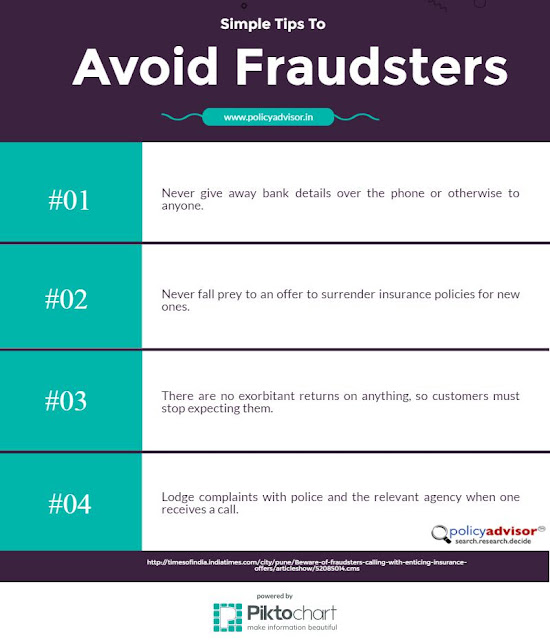What to watch out for while choosing car insurance?
• Claim settlement policy – The true test of an insurance company is at the time of an actual insurance claim. This is possible to check by looking at the company’s past records of claim resolution. Now is the time to check if the existing insurance can be transferred to another insurance company without loss of benefits already paid for.
• Coverage – What is the right coverage for you? Usually, car insurance policies cover third-party liability and own damage. According to the Motor Vehicles Act, it is mandatory to opt for third party liability insurance cover while own damage is optional. Opting for both is the standard procedure since they cover any damage due to accidents and loss from third-party mishaps. Most insurance companies offer “add-ons” with the basic policy.
• Customer service – Thanks to technology, insurance policies are now issued instantly. Besides this, other issues such as changes in policy or cancellations are processed quickly. In the event of a claim, a cashless settlement is also available so that post-repair delivery is quick without incurring bills at the workshop. It is therefore important to check the insurance company’s network for this facility. The bigger the network, the better the claimant’s options.
• Communication access – The insurance company’s contact information must be easily accessible. If there is a problem the insured individual must know whom to get in touch with and the procedure to follow.
• Cost – Last but not least, is the price or premium. Car insurance premium is based on “insured declared value” or IDV and the rate multiplier and depends on the car model, the age of the car, daily mileage and the terrain of the location. It is important to declare the right IDV and select a policy that offers the maximum IDV even if you have to incur a slightly higher premium.
Besides the above, the following are the benefits to look for:
• No claim bonus – if no claim has been filed during the insurance period, a no-claim discount is offered on risk cover against own damage at the time of policy renewal. For each consecutive claim-free year, the discount increases progressively. The point to note is that the no claim bonus eligibility holds good even in the event of a new vehicle purchase or existing insurance renewal before the due date from a different insurance provider.
• Opting for deductible – Drivers with a good record can opt for “voluntary excess” or deductible to lower their premium payments, in addition to the compulsory excess. In the case of a compulsory excess, the insured is liable to pay a specific amount if a claim is filed.
• Premium based on car type – If your car has extra security features such as anti-theft alarms the chances of theft is lower and insurance can come at a lower premium.
• Timely insurance renewal – If car insurance is not renewed before the expiry date the renewal premium can result in loss of coverage especially if there is an accident and also mean no discount for the no-claim bonus.
• Choice of Add-ons– Besides the basic car insurance coverage, insurance providers offer several optional add-ons. It is important to select the right ones and only pay for those. For example, if there is a medical expense cover or hospital cash cover, check to see if you have a medical insurance policy that already covers these.
• To renew or not to renew – with the same insurance provider? When it is time to renew your car insurance, compare insurance providers to see what they are offering before making a decision. The car insurance industry is very competitive and for the same coverage, you can probably get a better price elsewhere.
Remember that car insurance protects you and the occupants of your car on two counts: from accidental damage and from third party claims when you are responsible for the accident. Therefore, choose with care.




Comments
Post a Comment